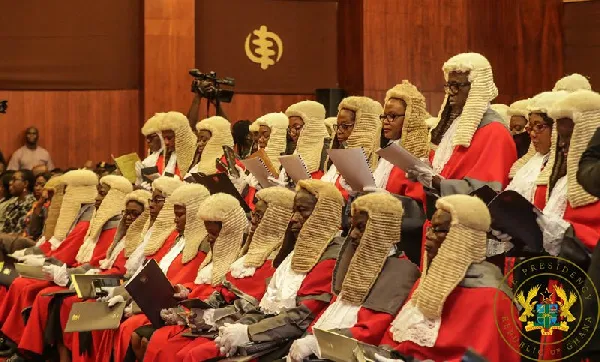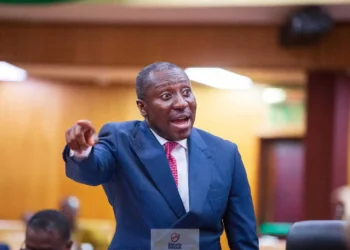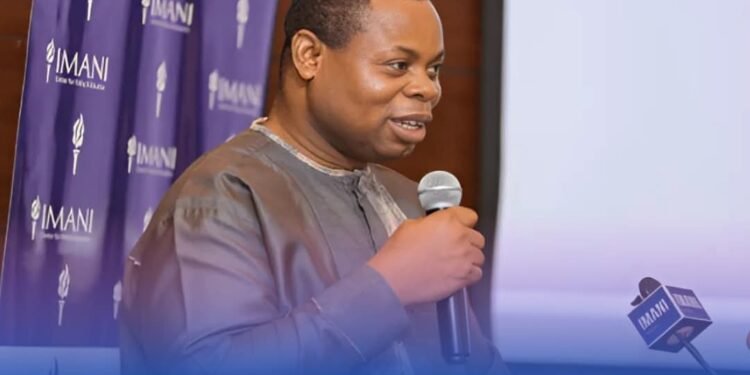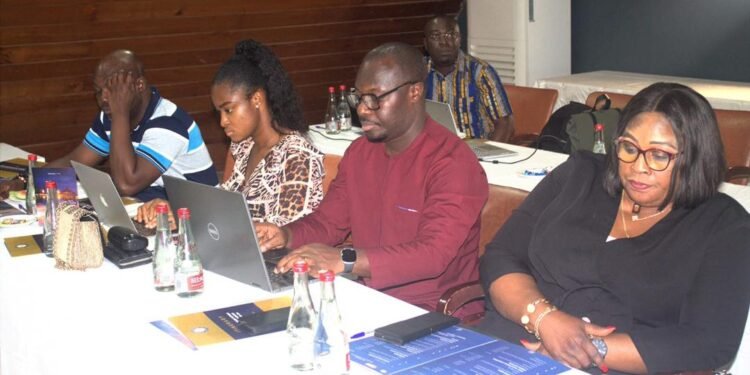Ghana’s constitutional framework governing the appointment and removal of the Chief Justice may soon undergo significant changes, according to Dr. Kwame Sarpong Asiedu, a fellow at the Center for Democratic Development (CDD).
Speaking on the aftermath of the recent removal of the Chief Justice, Dr. Asiedu predicted that the Constitutional Review Committee (CRC) will reshape Article 146, altering the landscape of judicial leadership in the country for generations to come.
He emphasized that history will record this moment as one of transition, where a Chief Justice was removed under the current constitution, while their successor is likely to serve under a revised version.
Dr. Asiedu pointed out that the CRC has been carefully observing the ongoing public debate and political discussions surrounding the controversial removal, and these voices will have a profound influence on its recommendations.
“By the 2028 elections, the work of the Constitutional Review Committee will almost certainly have reshaped Article 146. Does anyone doubt the Committee has been listening? The debates, the criticisms, the calls for reform after her removal, these will not be ignored.”
Dr. Kwame Sarpong Asiedu
According to Dr. Asiedu, the political reality in Ghana today makes reform not only possible but almost inevitable.
The National Democratic Congress (NDC) currently controls more than a two-thirds majority in Parliament, giving it unprecedented legislative power to amend the constitution without significant resistance.
He explained that this situation represents a rare moment in Ghana’s political history.
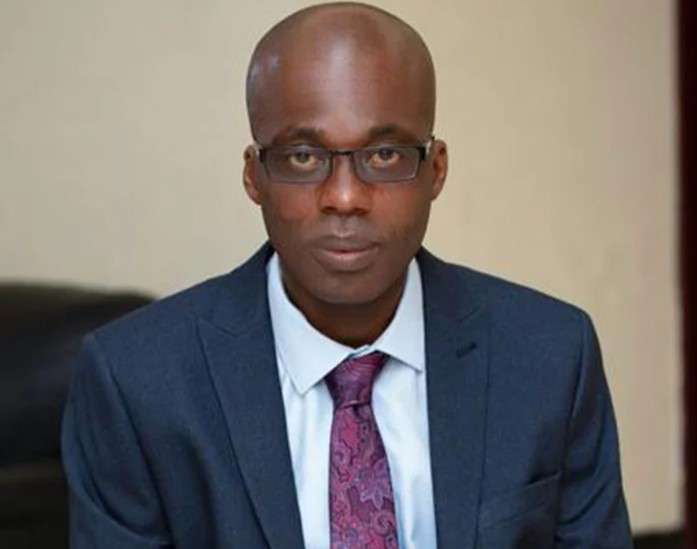
“If the CRC [Constitutional Review Committee] recommends tightening Article 146, it will pass. No ifs, no buts. When was the last time any party commanded such numbers? When will it happen again? For decades, this may be the only window to change Ghana’s constitutional DNA.”
Dr. Kwame Sarpong Asiedu
This unique parliamentary majority means that reforms to the appointment and removal processes of the Chief Justice can be pushed through with little opposition, reshaping the balance of power between the judiciary and the executive branch.
Appointment And Removal Likely To Be Restructured
Dr. Asiedu emphasized that there is strong and growing momentum for constitutional reform. He explained that the current process for removing a Chief Justice is very likely to be altered, as the broad powers granted under Article 146 have come under intense scrutiny in recent times.
He also noted that the President’s sole authority to appoint a Chief Justice may be revised to introduce greater checks and balances.
He predicted that if the CRC’s recommendations reflect public sentiment, both the appointment and removal processes would be rebalanced to shield the judiciary from partisan interference.
This would represent a decisive step toward strengthening judicial independence and ensuring that the office of the Chief Justice remains above political manipulation.
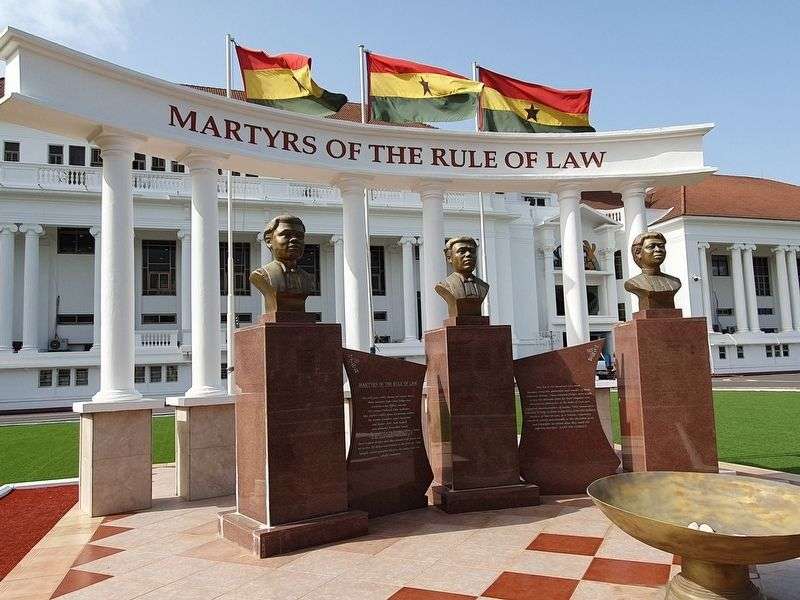
“This is not speculation; it is the natural direction of constitutional reform in the wake of such a politically charged episode,” Dr. Asiedu stated, highlighting the growing demand among Ghanaians for transparency and accountability in judicial leadership.
Addressing critics who claim that any new Chief Justice would merely serve the interests of the government that appoints them, Dr. Asiedu dismissed such views as shortsighted.
He compared constitutional reforms to the foundations of a house, noting that while governments come and go like changing curtains or paint, the constitution sets enduring structures that last for generations.
“To those who argue that a new Chief Justice’s tenure will simply mirror the lifespan of today’s government, I ask: on what logic? Do they imagine another two-thirds majority will fall from the skies in 2032 or 2036? Or that constitutional reforms made in this rare moment will be casually undone?”
Dr. Kwame Sarpong Asiedu
Dr. Asiedu warned that once reforms are enacted, they will have long-lasting consequences. “If the dice are cast now, they will remain so long after today’s politicians have left the stage,” he said, emphasizing the historical importance of this moment.
A Pivotal Moment For Judicial Independence Amid Chief Justice Controversy
As Ghana moves closer to 2028, the stakes for reform could not be higher.
Dr. Asiedu urged the public and policymakers to face the reality that the next Chief Justice will likely operate under a new constitutional framework, one that prioritizes judicial independence and curbs the unchecked powers that have fueled controversy in the past.
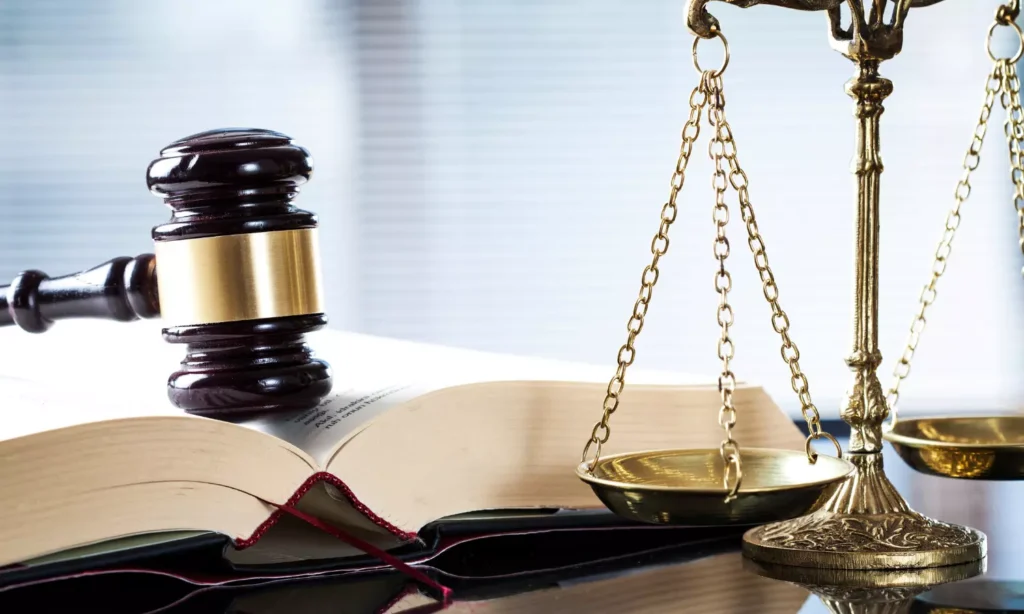
He concluded by underscoring the need to focus on institutional reforms rather than partisan politics. “Is it not time we faced the truth? The next Chief Justice is more likely to serve under rules rewritten by Parliament than under the shadows of party politics,” he said.
This period represents a rare and potentially transformative chapter in Ghana’s constitutional history, with the opportunity to establish a judiciary that truly serves as a pillar of democracy, free from the influence of political factions.
READ ALSO: Sarkodie Hails Adonai as His Best Remix

